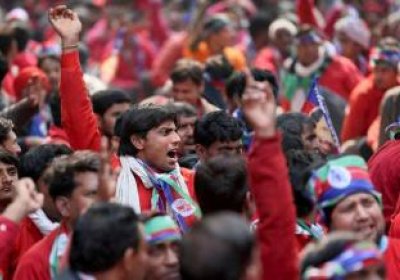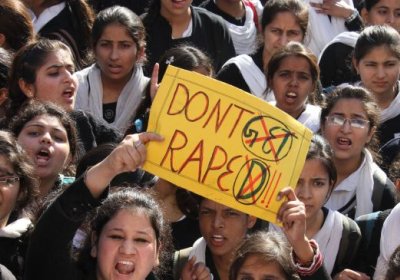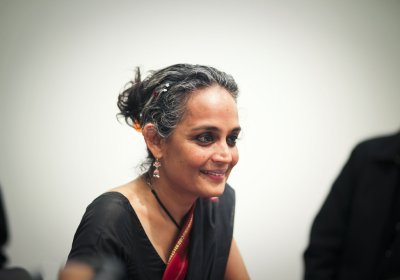India
The statement below was released n December 24, condemning the culture of impunity for rape as well as opposing the death penalty for perpetrators as a solution. It is reprinted from KAFILA.org.
In the midst of the unspeakable horror of a rape and attempted murder in Delhi [since the article was written, the victim has died in hospital] is a spark of hope that we nurture, cradling it with our hands lest it be snuffed out, helping the spark to grow into a steadier flame – and then spread into a forest fire.
With the death of Dr K. Balagopal at age 52 on October 8, India and in particular his home state of Andhra Pradesh, have lost an untiring worker for human rights. Over almost three decades of activism as a human rights investigator, a public intellectual and 10 years as a lawyer, Balagopal had become synonymous with the human rights movement in India.
- Previous page
- Page 10
- Next page








